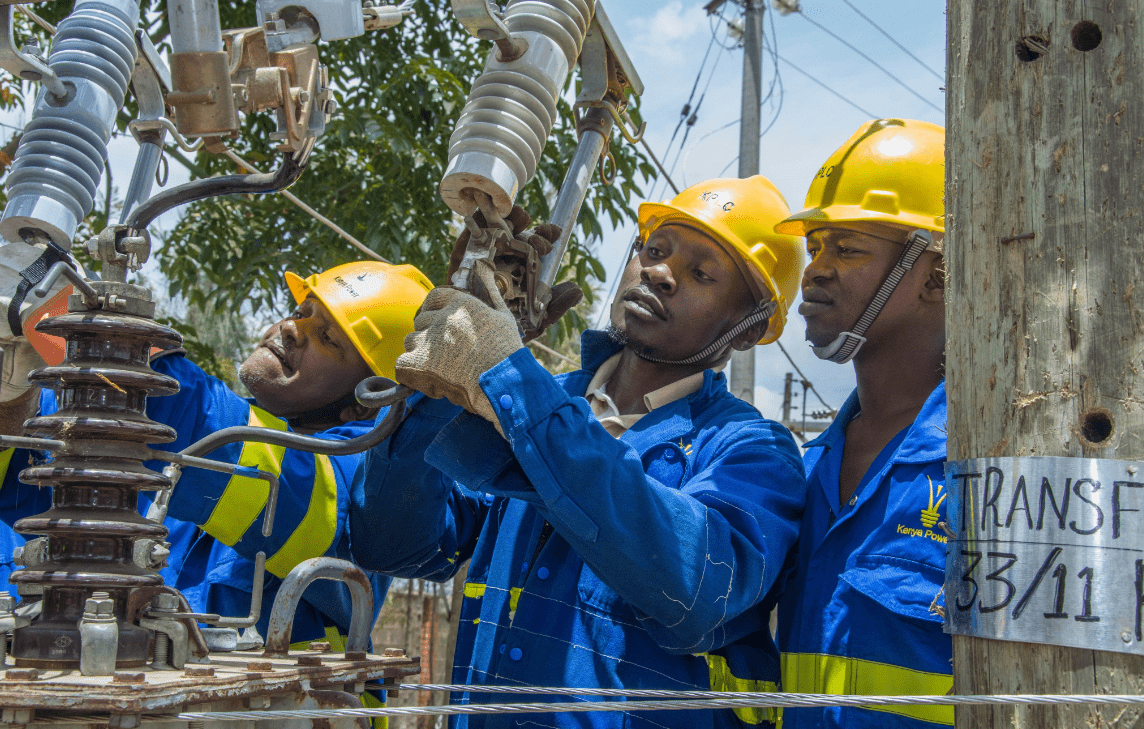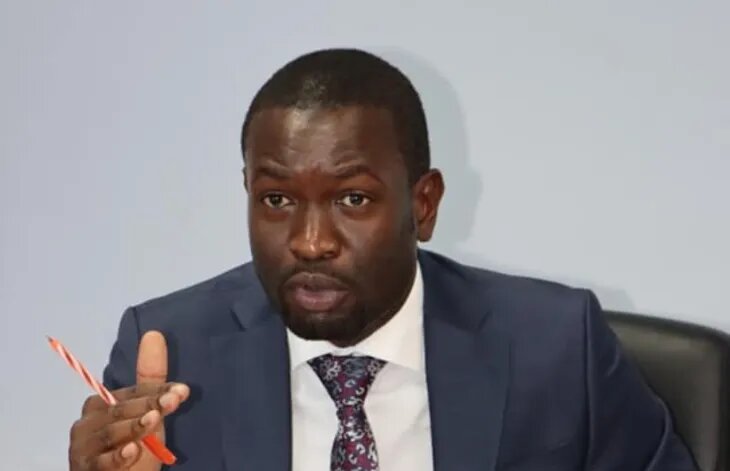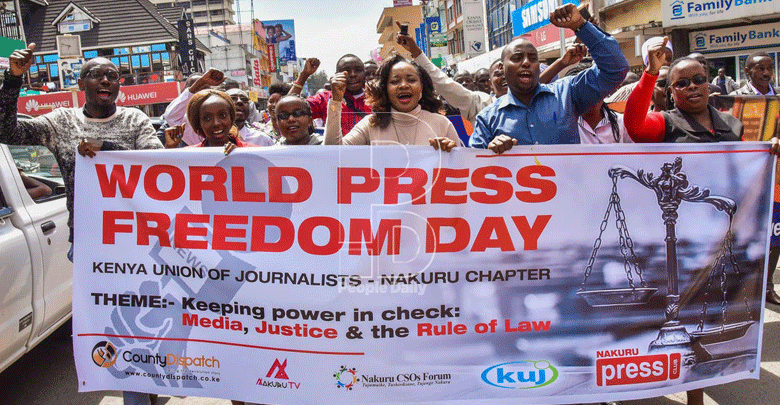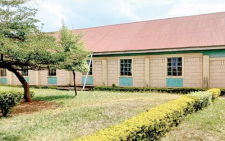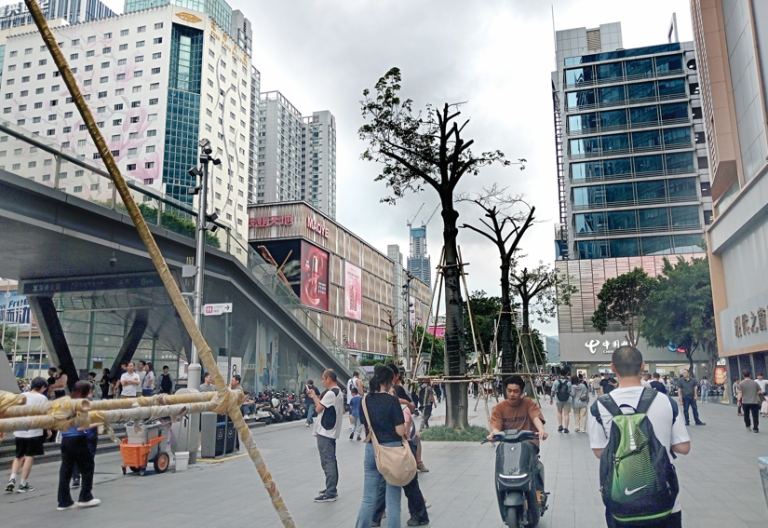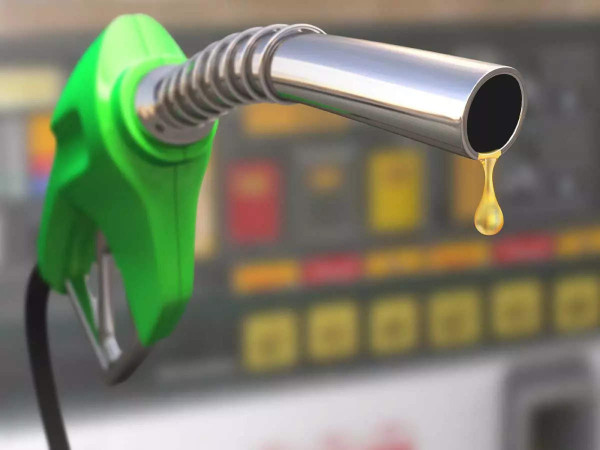Kenyans pay Sh15.9b in two years for idle power

Kenyans paid a total of Sh15.9 billion in two years for electricity that they never consumed due to the failure of Kenya Power to offtake all the contracted quantities, new data show.
The State electricity utility agreed with various Independent Power Producers (IPPs) to be supplied with wholesale power but they operated below capacity, often due to reduced demand in the country.
This built some idle electricity that Kenya Power had to pay in capacity charges, one of the major pass-through costs to consumers that contribute significantly to higher electricity bills.
Auditor-General Nancy Gathungu revealed that Kenya Power paid IPPs a total of Sh56.3 billion in 2021 for the supply of power worth Sh47.5 billion, about Sh8.8 billion or 15.8 per cent extra payment for the untapped electricity. It means that for every electricity worth Sh100, Sh15.8 went into paying idle power in 2021.
Eergy purchased
In 2022, the payments averaged Sh56.3 billion against a supplied power valued at Sh49.2 billion in 2022, meaning IPPs again gobbled an extra Sh7.1 billion for idle power, bringing the total in those two years to Sh15.9 billion.
“It was noted the capacity charge cost for IPPs during the two years were higher than the cost of the energy purchased, indicating the IPPs were operating below their contracted capacity resulting in payment for idle capacity,” Gathungu told the National Assembly Departmental Committee on Energy.
The paid but untapped electricity is due to a take-or-pay clause in the Power Purchase Agreements (PPA), which compels Kenya to compensate firms for the power generated regardless of whether it is used or not.
Worse, the quantity that the IPPs sold to Kenya Power was just 30 per cent and 37 per cent of the total electricity that the country consumed in 2021 and 2022, respectively. The remaining difference was supplied by the State-owned Kenya Electricity Generating Company (KenGen).
This happened despite IPPs being paid more cumulatively than KenGen. For instance, KenGen produced 8433 Gigawatt hours (GWh) or 70 per cent of electricity in 2022 which was equivalent to Sh44.8 billion or 44 per cent of the total costs.
The remaining 30 per cent was supplied by IPPs at a cost of Sh56.3 billion, representing 56 per cent of the total value. In 2022, KenGen generated 63 per cent of the electricity and received Sh38.9 billion in compensation while IPPs supplied the remaining quantity at a higher cost of ShSh56.3 billion.
The revision of power contracts now hinges on IPPs’ goodwill while terminating the agreements, which will dent Kenya’s image in the international capital market, possess huge financial risks to the government.
Electricity Sector Association of Kenya (ESAK), a lobby group representing IPPs, has now advised the government to consider taking over existing debt owed to power producers and replace it with lower concessional loans to ease the burden on consumers and Kenya Power.
“This could be an alternative to restructuring the financing of the IPP projects currently holding more expensive debt to allow spreading the repayment over a longer period with state backing,” ESAK Chair George Aluru told the energy committee in a recent proceeding.
IPPs have severally defied the government’s pleas to lower the cost of wholesale power, arguing that they are still servicing the loans tapped during the investment phase.
For instance, Lake Turkana Wind Power Ltd (LTWP), the biggest single IPP with 300MW contracted capacity, has increased the wholesale cost to Sh13.1 per unit of generated power as of May 2023, reflecting about a 25.9 per cent rise compared to a cost of Sh10.5 per unit in July 2022.
Forex adjustment
This excludes forex adjustment that other IPPs have loaded in the generation cost. The only private geothermal power generator, OrPower4, also hiked the cost by 19.3 per cent to Sh14.7 per unit during the same period.
Muhoroni GT, the only expensive thermal generator owned by KenGen, was selling its power at Sh58.8 per unit in May 2023 while that of Gulf Power rose from Sh23.7 to Sh25.5. Triumph Power sold a unit at Sh28.4, up from Sh26.4.
